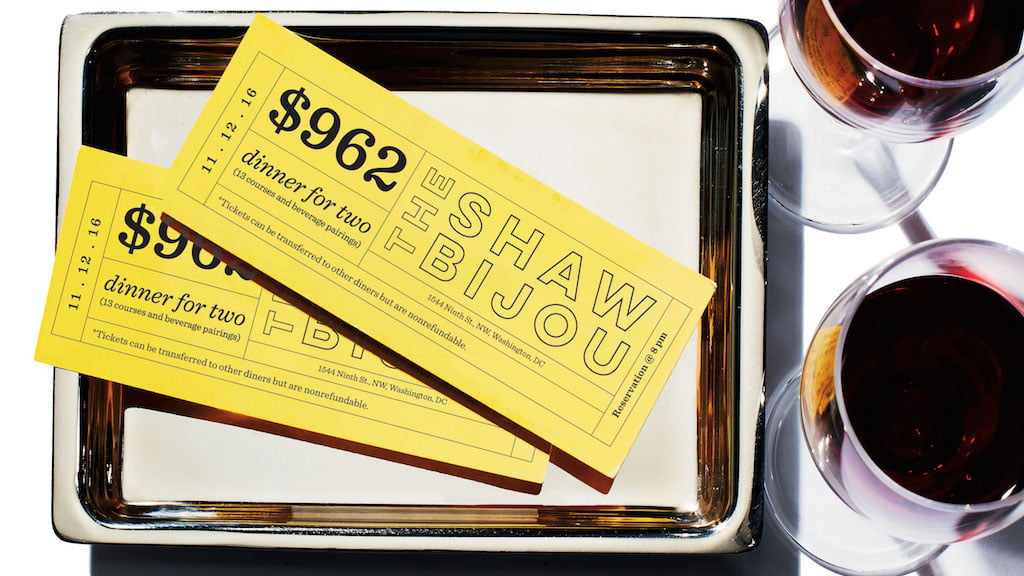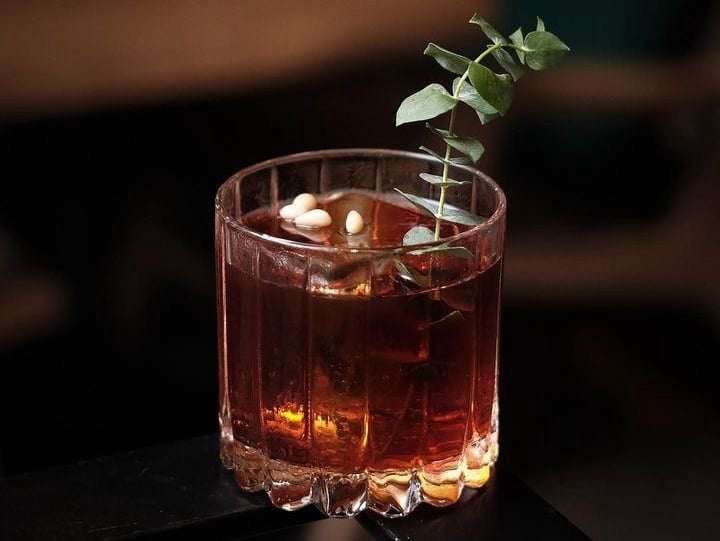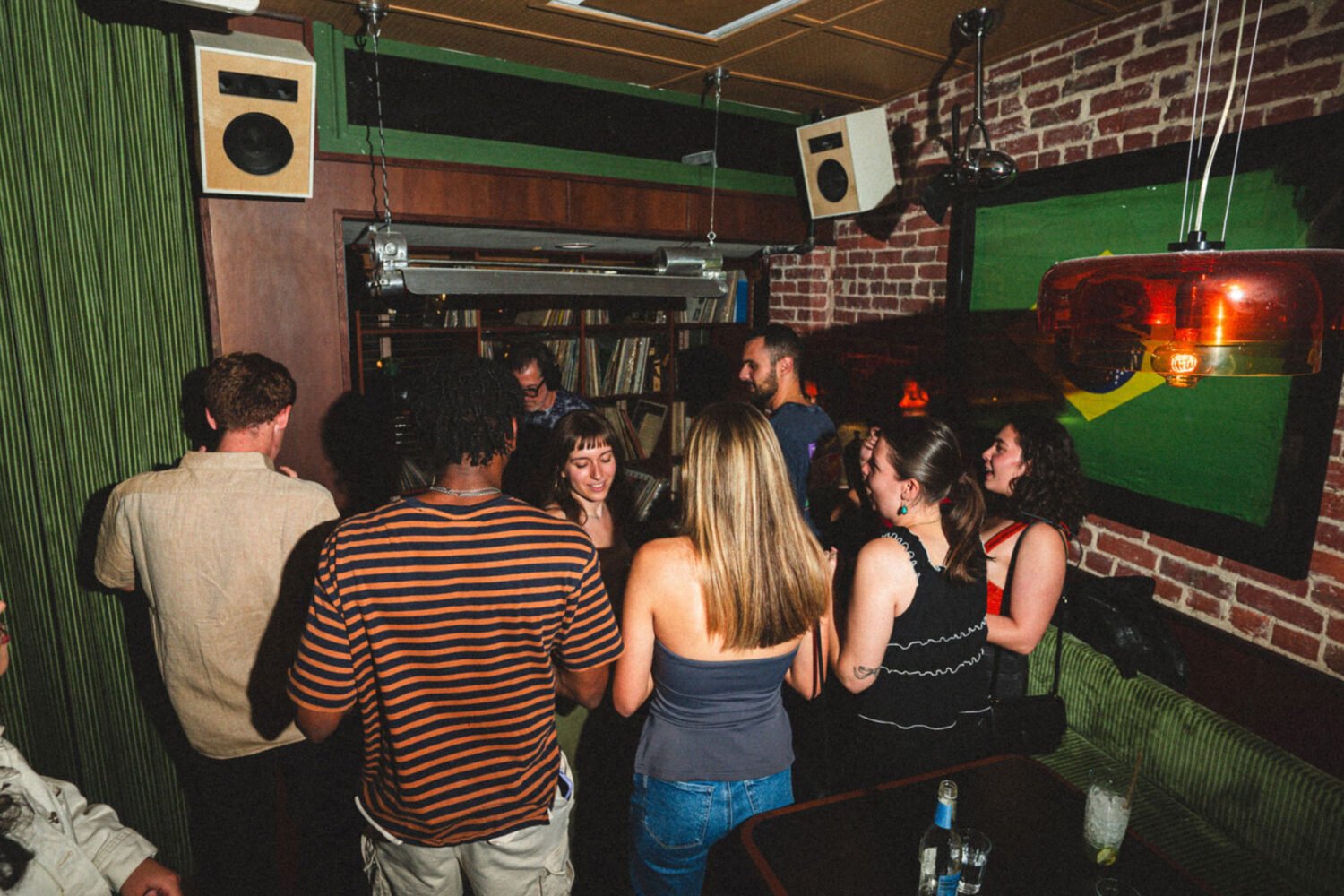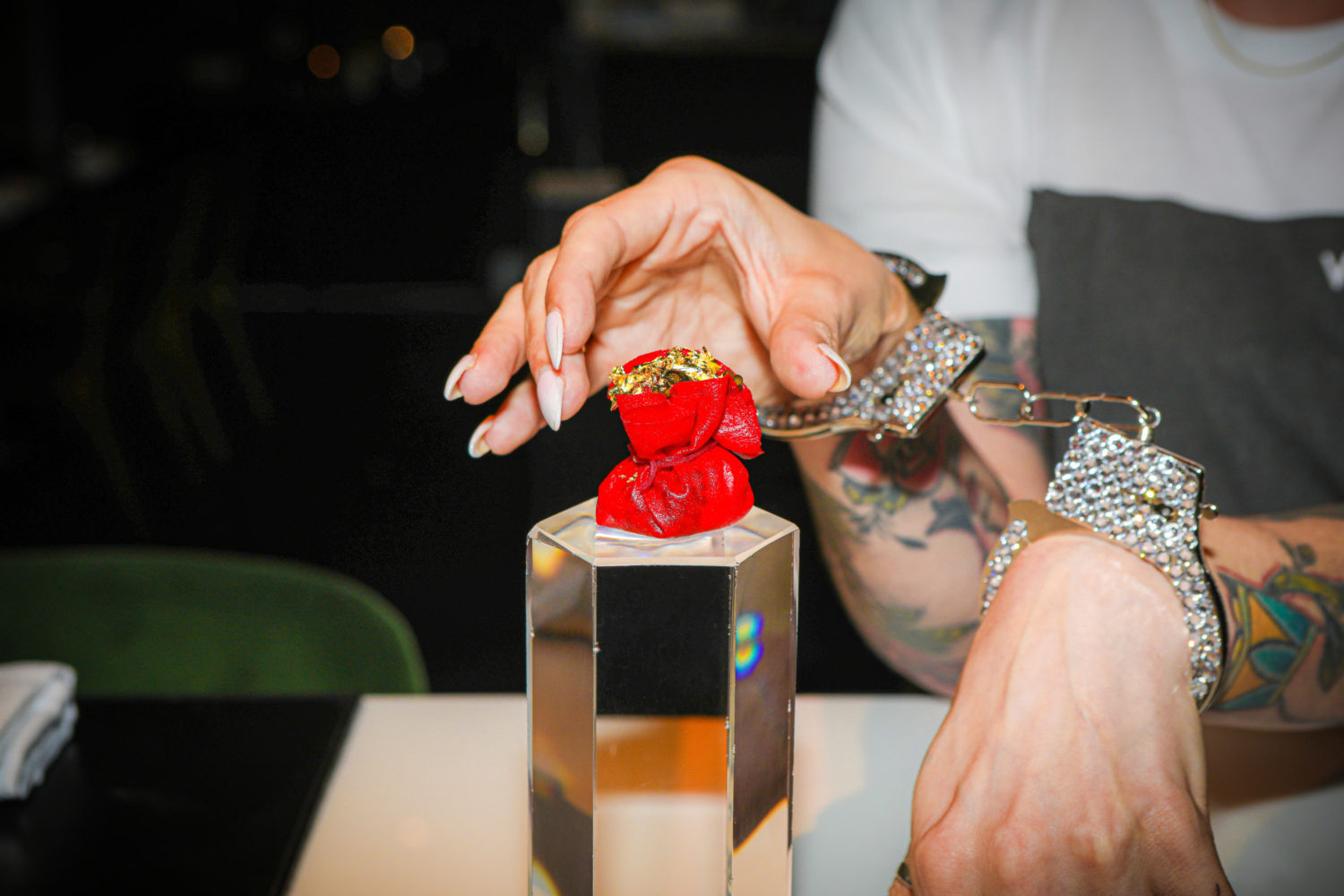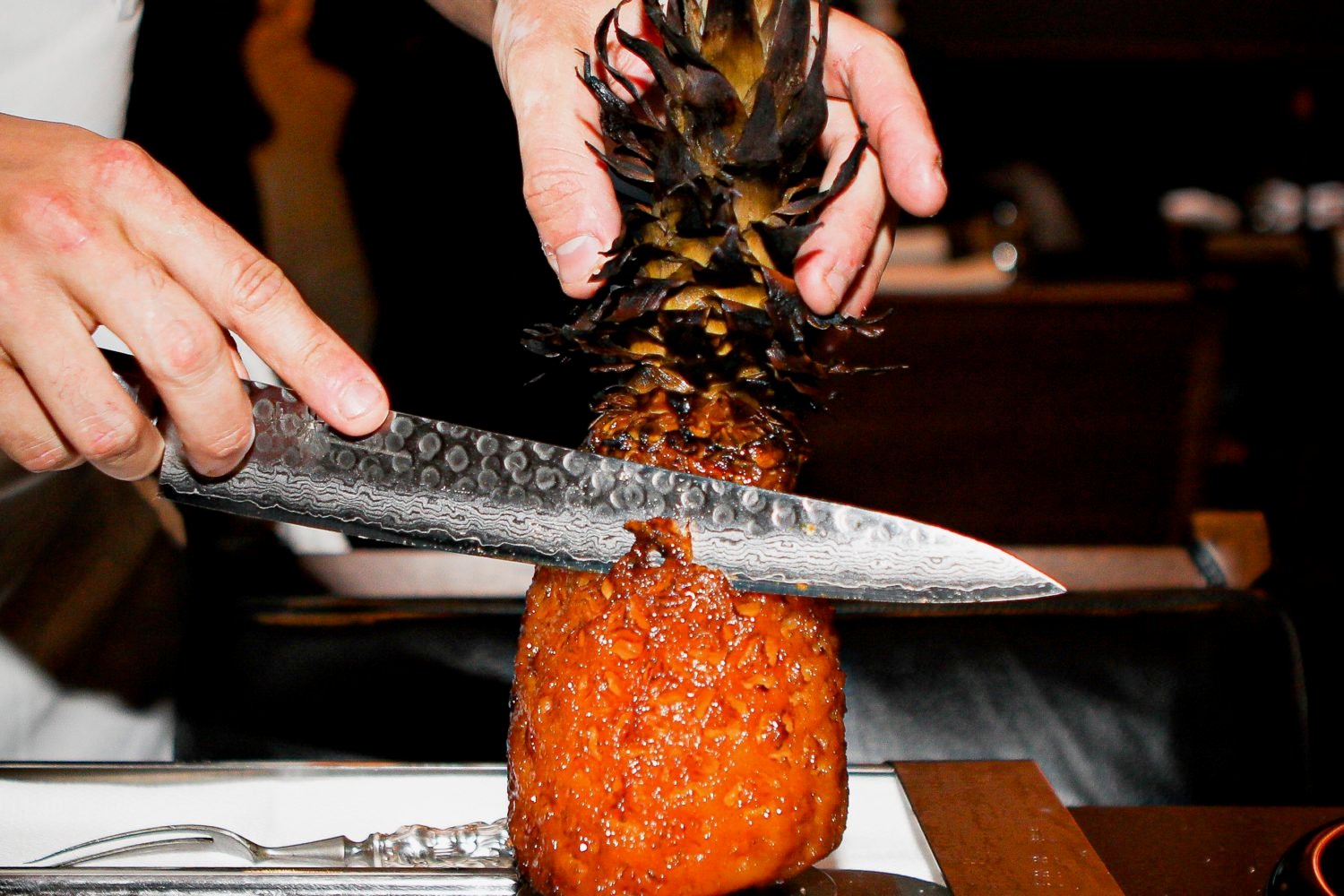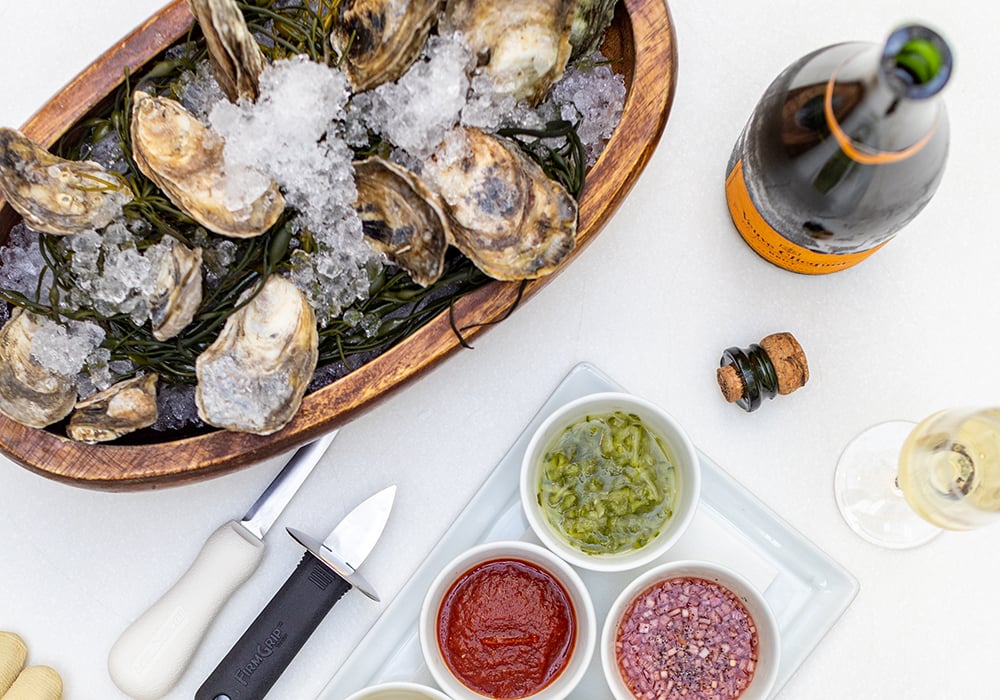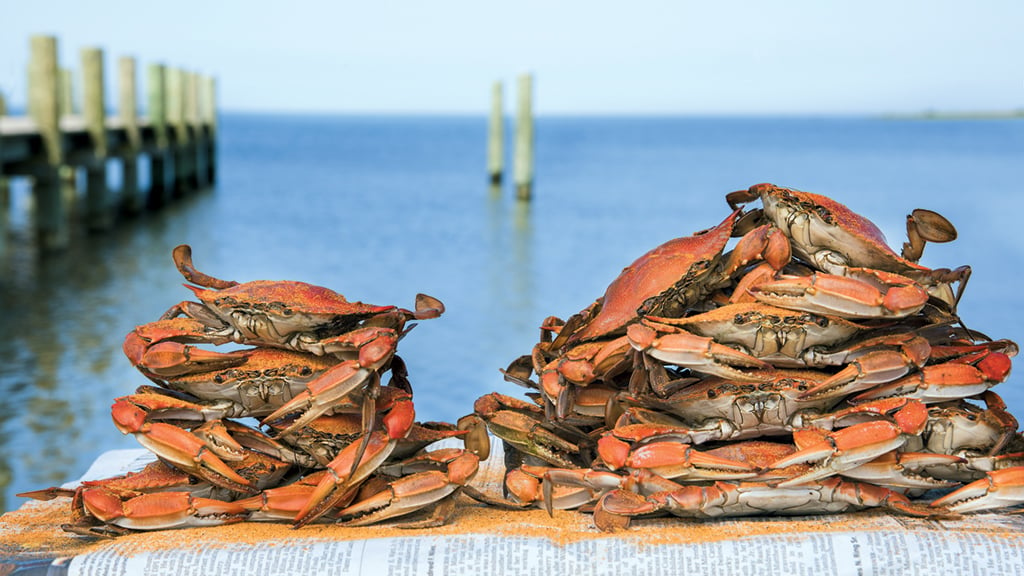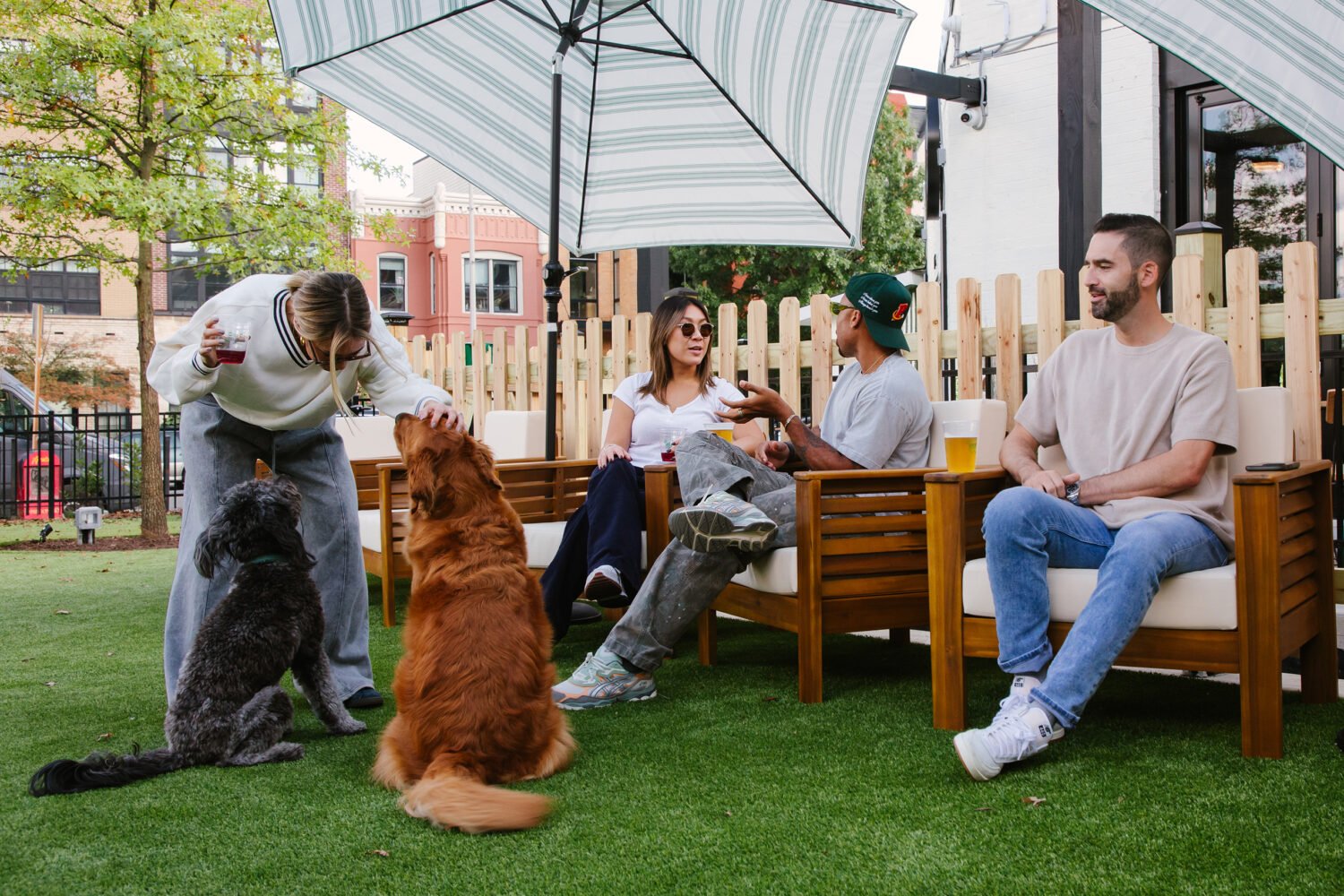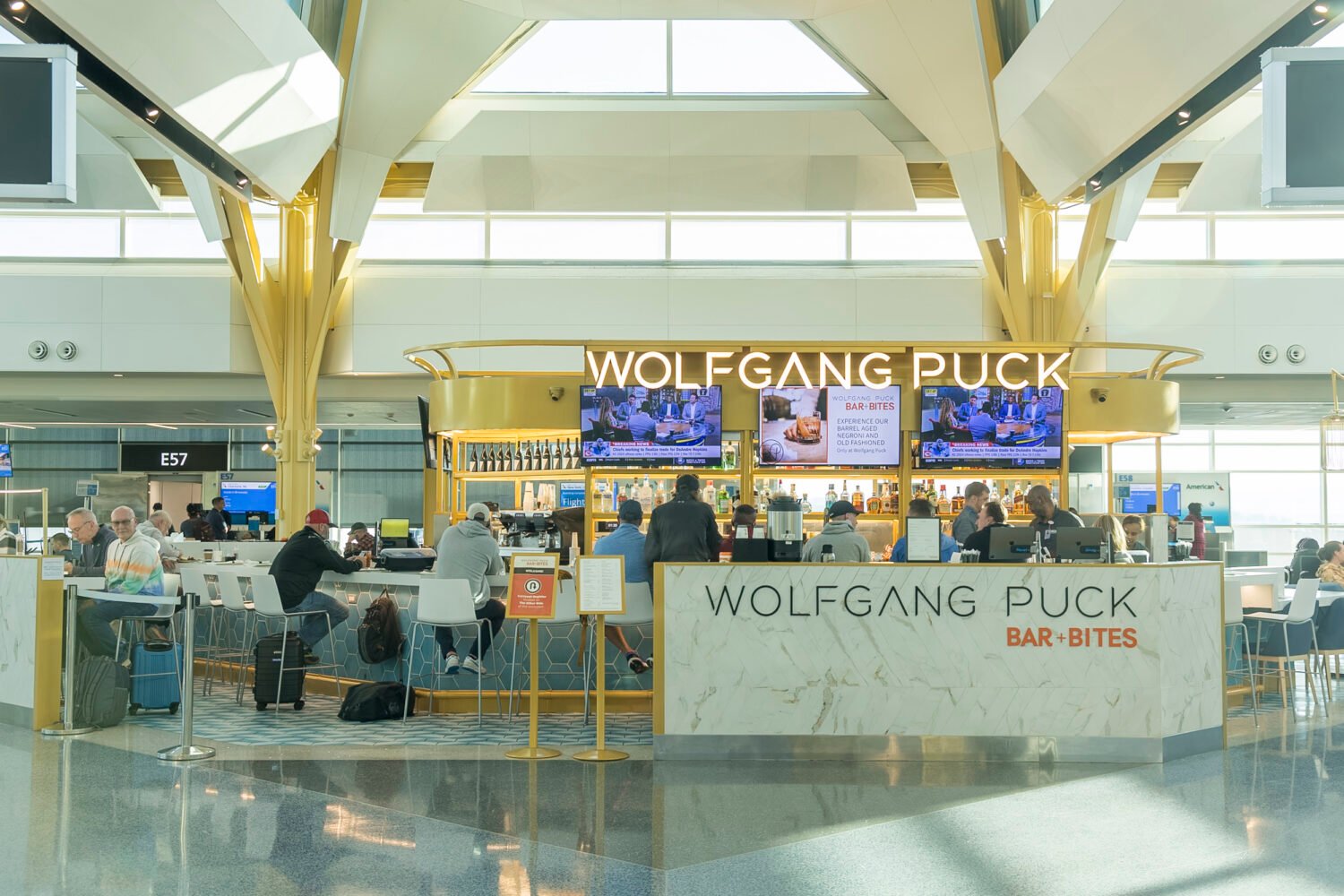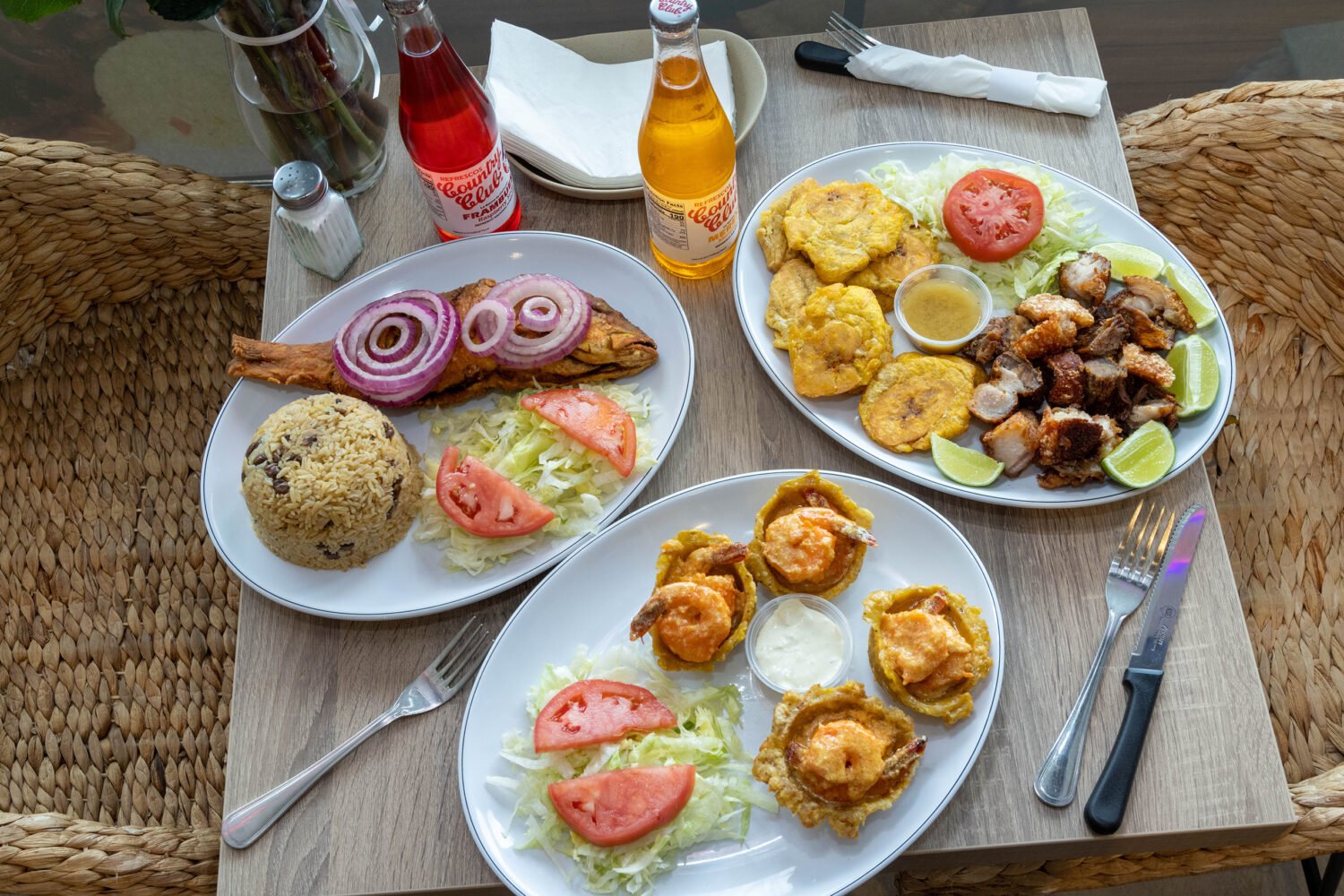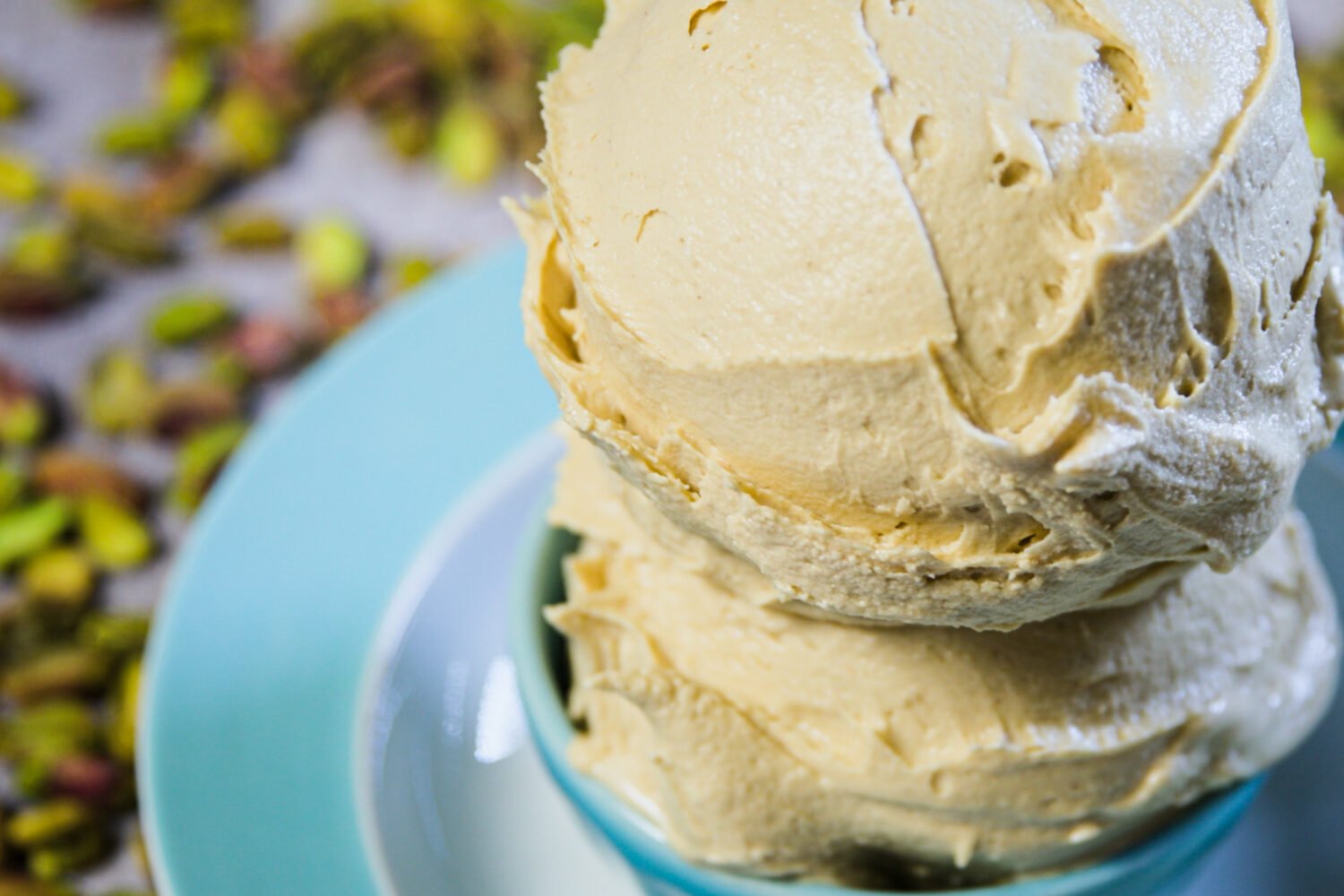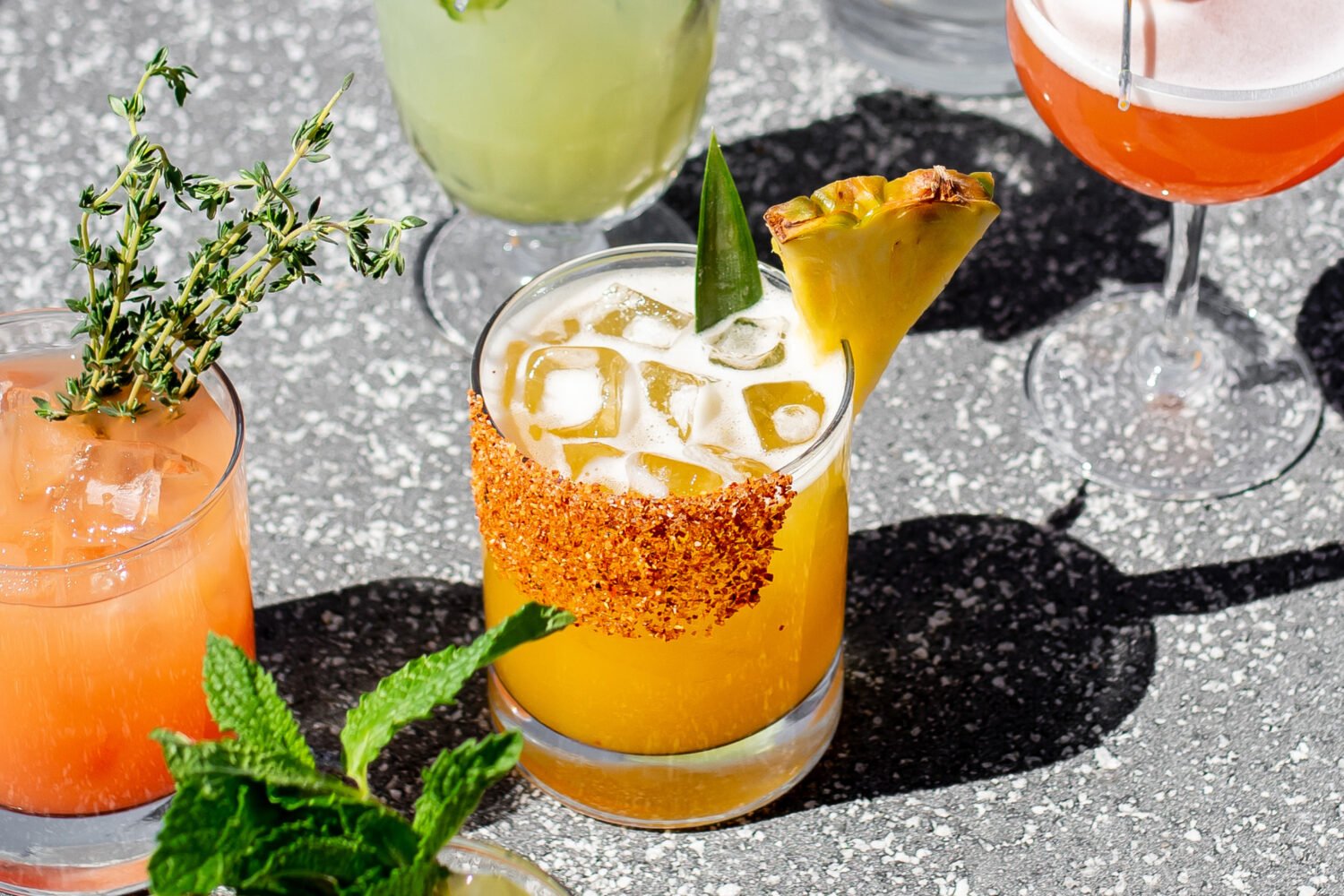It’s never been easier to dine out—and dine well—in Washington. About 85 restaurants opened this summer alone. But if you want to score a seat at some of the most expensive tables, you have to learn the new rules.
Take dinner at the Shaw Bijou, chef Kwame Onwuachi’s ten-table tasting room that opens November 1. A meal there requires you to treat dining out as you would a concert: You buy a ticket online at a price that includes 13 courses, 20 percent gratuity, tax, and beverage pairings. (A sommelier calls in advance to discuss what you’ll be drinking.) The restaurant’s FAQ page unloads the fine print: Tickets are nonrefundable but are transferable and can be rescheduled up to a week before the reservation date.
The price for two with the basic wine pairing: $962.
The Shaw Bijou is an extreme example—and was met with plenty of backlash when Onwuachi announced the cost, given his age (26) and résumé (heavy on Top Chef and line-cook experience at fancy New York spots, nonexistent when it comes to executive-chef or ownership roles). Gregory Vakiner, the Bijou’s general manager, says ticket sales have been slower than expected. A look at its online booking platform, Tock, shows availability for two nearly every weeknight through December.
At the same time, more restaurants are adopting prepaid tickets. José Andrés’s Minibar, where dinner for two also is $962 with basic wine pairings, recently signed with Tock after more than a decade of using a traditional reservations system. Aaron Silverman uses a local platform, GiftRocker, for seats at his Rose’s Luxury rooftop and at Pineapple and Pearls. Both companies allow restaurants to set their own cancellation policies, which can range from strict—Minibar’s ticket sales are final and can only be transferred, not rescheduled—to fairly relaxed. At Pineapple and Pearls, the $250 all-inclusive ticket can be refunded with 72 hours’ notice.
Advantages to the restaurant are clear. Ticketing practically eliminates no-shows, which can cost a business thousands each year. Few people are going to eat the cost of a $962 meal without actually dining. As a byproduct, less food is wasted—a boon for the environment as well as the restaurateur’s wallet. Ironically, locking guests into a pricey contract has the same goal as a no-reservations policy. At white-hot Bad Saint in Columbia Heights, which doesn’t take reservations, a consistently packed waiting list means tables are always turning, often through last call.
For the diner, the benefits of ticketing are more nebulous. “The theory is that if you can sell all your tickets in advance, then you know how much revenue you’ll have that week,” says Bob Nelson, a GiftRocker adviser. “You know how much waitstaff you need, how much food costs are. You know all your expenses down to the penny and can focus on number one: the customer.”
Owners argue that up-front funds create a superior experience. Rare and luxury ingredients can be acquired—at the Shaw Bijou, that means Norwegian king crab and monogamous game birds (really)—and the menu can be planned with greater precision. Prepaid fees can also attract better staff, especially if the funds are used for perks such as paid leave and health care. In many ways, ticketing acts like crowd-funding: It relies on the willingness of future patrons to cover costs typically shouldered by the restaurant. In the case of a place like Bad Saint, which raised early cash through Kickstarter, the results can be spectacular.
Not everyone is convinced. Métier chef/owner Eric Ziebold never considered tickets when opening his $200-a-person tasting room near Mount Vernon Square. Instead, reservations—and a $150 deposit—are taken by phone and online and are refundable with 48 hours’ notice. Much of his decision hinged on alcohol. Most ticketed platforms require guests to choose pairings, something Ziebold rarely orders—he’d rather just chat with the sommelier.
“Some people like the spontaneity,” says Ziebold. “Some people like the romance of being able to talk about things. As a believer in the magic of wine—and it being a food-and-wine experience—I don’t feel like I need to take that away from people.”
Ultimately, Ziebold says, the decision not to ticket comes down to making customers comfortable: “Our clientele have never been foodie worshippers as much as people going out to celebrate. If you’re a special-occasion restaurant, that’s a lot to dictate about how they should be celebrating.”
This article appears in the November 2016 issue of Washingtonian.

